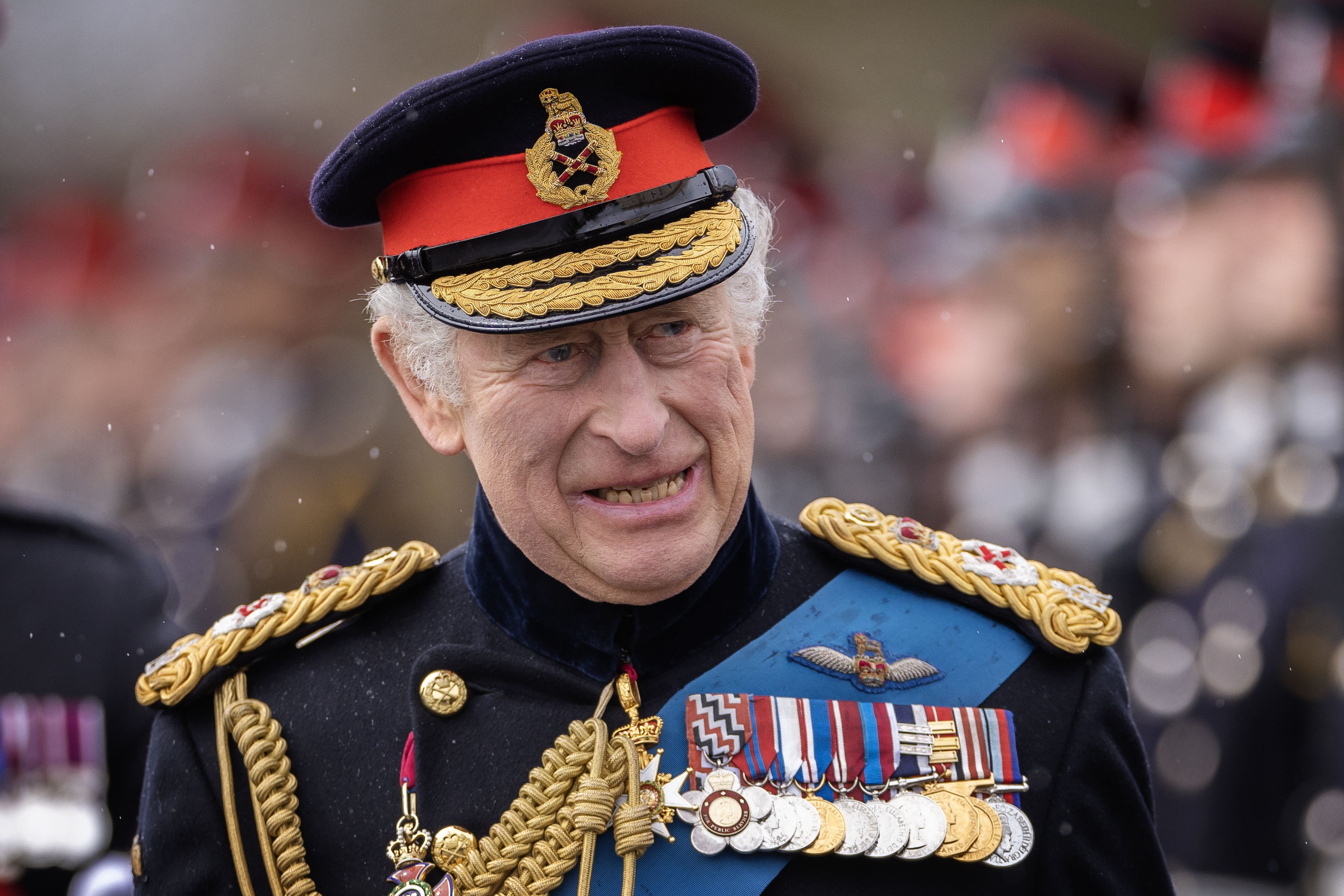The real pleasure of the coronation lies in the ridiculousness of the detail
The very existence of a special ‘anointing spoon’ is nearly too much to handle, writes Marie Le Conte


When I first moved to Britain, I assumed I hated the royal family. I have chosen my words carefully here: it isn’t that I hated them, merely that I expected to, or supposed I did. I am French and not exactly conservative; it made sense that I would be a hater.
When William and Kate got married 12 years ago, I dressed like a Victorian widow and went to an achingly edgy “royal funeral” party in a squat in Deptford. There is still a picture of me taken that day somewhere on the Vice website.
I hated the royal family because I felt I ought to, until I realised that it all rang a bit hollow. I was being both a try-hard and lazy, perhaps because I was still at the age when righteous anger feels like the most obvious option.
Over time, the performative fury subsided. Instead, it occurred to me that I just did not care about the royal family. I have no strong opinions whatsoever on the monarchy, just as I have no strong opinions on pet rabbits, or on celery being available in supermarkets. They’re all just facts of life.
I wondered if King Charles’s coronation would end up swaying me, and proving too much to handle, but it hasn’t so far. Really, it’s all a bit silly. How could you possibly take a sentence such as “General the Lord Richards of Herstmonceux has been chosen to carry the Sword of Spiritual Justice” seriously? The “sword of spiritual justice” sounds like a weapon you unlock in a Zelda game.
Similarly, the very existence of a special “anointing spoon” is nearly too much to handle. Did you know it dates from the 12th century? And that, once the King has received the chrism oil, he will have to don a “supertunica”? A supertunica! Really!
It also doesn’t matter very much, is the conclusion I eventually reached after some years of living here. As it happens, the position I landed at is one that is now shared by a majority of the British public. According to a recent YouGov survey, 35 per cent of people “do not care very much” about the coronation, and 29 per cent “do not care at all”.
In comparison, only 24 per cent said they cared “a fair amount” and a paltry 9 per cent said they cared “a great deal”.
More broadly, a recent survey run by the National Centre for Social Research found that a quarter of people believe the monarchy is “not at all important/should be abolished”, and a further 20 per cent believe the institution is “not very important”. Perhaps predictably, the generational split was stark, with only 12 per cent of 18- to 34-year-olds regarding the monarchy as “very important”.
This is why both extremes now sound absurd. The tabloids’ mounting hysteria makes them seem like they belong in a different land or time, and the republicans’ irate screeching just feels quite comically over the top.
Even the recent furore over the allegiance people might swear to the new King was mostly based on a misunderstanding. Though parts of the press announced that the public would be “asked” to join in, the reality is much milder.
The difference between this year’s “homage of the people” – as opposed to the old “homage of peers” – is that people may, if they want to, swear allegiance to the King. It is hardly dictatorial.
Accidentally fabricated controversy aside, it really does feel like Britain is quietly heading towards a soft indifference regarding its royal family. People are slowly beginning to care less and less about it; older royalists are passing away, and younger, nonplussed Britons are having children who are unlikely to buck the trend.
It is unlikely that anything dramatic will happen any time soon; instead, entropy will simply keep doing what it does best, bit by bit. In the meantime, we can just keep laughing at special spoons.






Join our commenting forum
Join thought-provoking conversations, follow other Independent readers and see their replies
Comments